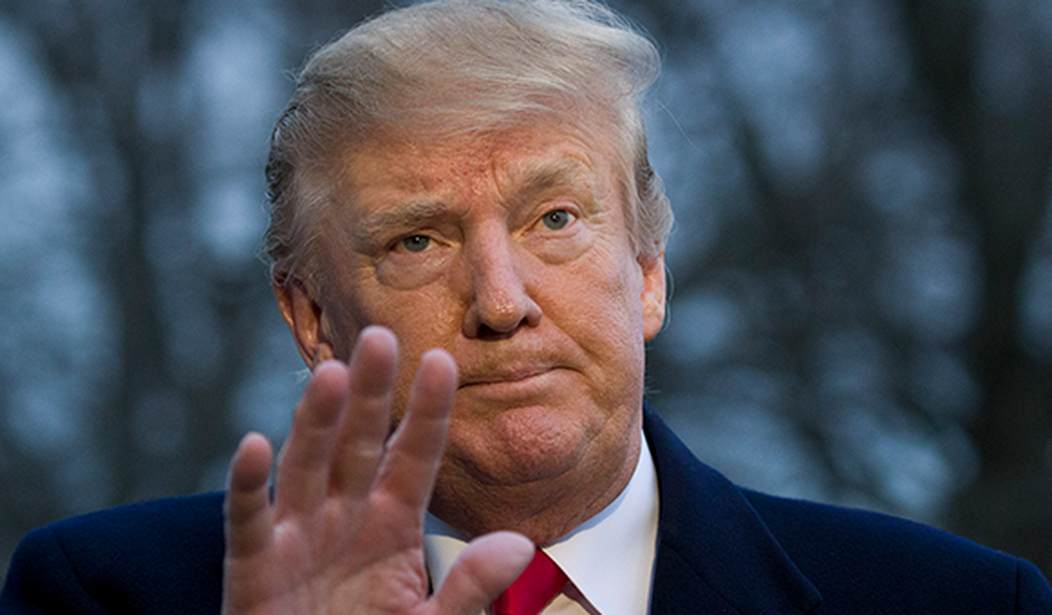Another Tax Day is behind us, but negative media coverage of President Trump’s signature tax-cut legislation continues.
Many reporters and pundits didn’t even wait until the tax cut was signed into law in December 2017 to begin mischaracterizing it. Of course they called it a sop to the rich, but they went one better than that old chestnut, insisting it would shaft the middle class and the poor. According to many, it was designed to do exactly that.
Never mind that the real-world experience of most Americans in the wake of these articles contradicted these gloom-and-doom predictions.
Almost immediately, numerous employers -- including Boeing, AT&T, FedEx, CVS, and others -- began offering bonuses to their employees. Nearly 200 companies, including Walmart, announced wage hikes due to the 2017 tax cut. Still others enjoyed higher contributions to their retirement plans.
The benefits soon went beyond that, however. The tax cut contributed to the strong economy we’ve been enjoying, leading many businesses to hire more and more workers. The U.S. added more than 2.6 million new jobs in the year following the passage of the tax cut – nearly a 25 percent increase from the previous year.
Unemployment is way down, with jobless claims at their lowest since 1969, thanks in large part to the tax cut. There’s something you don’t hear on CNN and other media outlets.
The media have continued to claim the tax cut was entirely too narrow – that it helped wealthy Americans at the expense of others who are less well-off. So The Heritage Foundation used IRS data to produce a special report last year that shows how widespread the tax benefits truly are.
They found that in 2018 taxpayers would save an average of $1,400. Even better, married couples with two children would save more than twice that: $2,917.
Recommended
And the good news was truly nationwide. Their report showed that every U.S. congressional district would enjoy these tax benefits.
That’s not to say that every last taxpayer would get a break. A lot depends on an individual’s circumstances – his job, deductions, credits, withholdings. But the data plainly showed that most Americans would be better off directly. And obviously everyone benefits in some measure from the effects of a stronger economy.
So as tax season got underway a few weeks ago, the media tried a different tack. They highlighted how some taxpayers had been surprised to discover their refunds were lower than they were expecting. Worse, some who had anticipated a refund wound up with a bill to pay.
All such reports did, however, was illustrate the fact that many Americans don’t understand how refunds work.
It’s nice to get that refund check, of course, but it’s not really a cause for celebration. You’re not getting extra money from the government. You overpaid your taxes, and they’re returning the overage. You essentially gave Uncle Sam an interest-free loan, and now he’s paid it back.
The fact that your refund check is smaller doesn’t mean you’ve enjoyed no benefit from the 2017 tax cut. If you’re like many Americans, you got a bonus, a raise, and your employer started withholding less in taxes.
The fact that you wound up months later with a smaller refund check is unfortunate, but it’s simply not evidence that the tax cut didn’t help you. On the contrary, you experienced those benefits even sooner – which is a good thing.
What we should be concerned about instead is that the tax cut has an expiration date of 2025. Unless Congress extends them, Americans will be in for some serious sticker-shock.
Lawmakers should make it priority this year to make the 2017 tax cut – which has already done so much good – permanent. There’s no time to lose.
Ed Feulner is founder of The Heritage Foundation (www.heritage.org).
























Join the conversation as a VIP Member